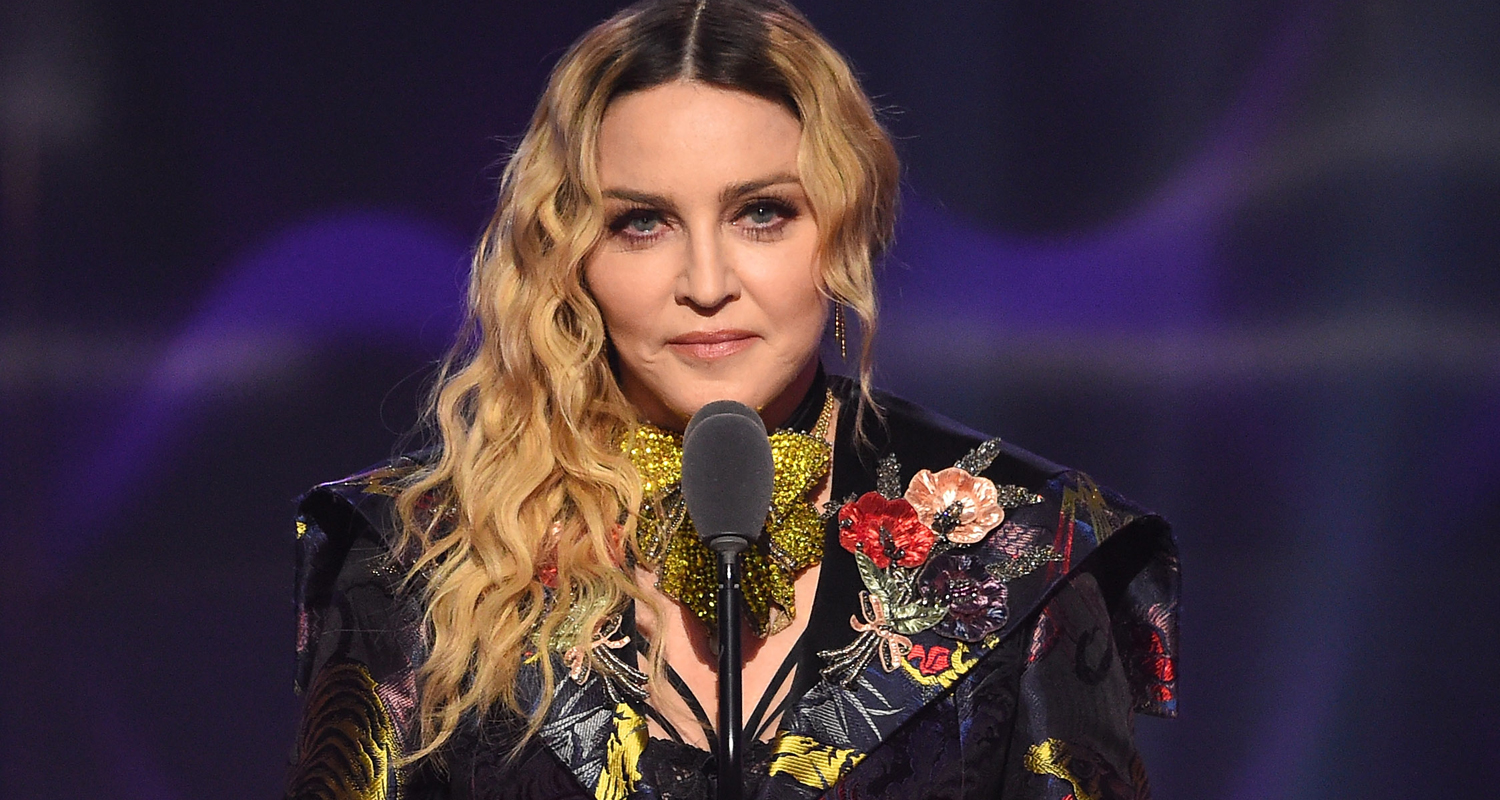In recent months, many powerful and influential men across various industries have been called out for using their positions of authority to sexually assault women. The film industry, in particular, has come under fire, with many actresses speaking out about their experiences of abuse and manipulation. In the past few weeks, the sports industry has also been caught in this spotlight, with the Ulster Rugby players Paddy Jackson and Stuart Olding being accused of raping a young woman. Despite being found not guilty, the trial shone a light on the undeniable misogyny within the sports industry, with players feeling entitled to sex with women, with apparently little to no regard for her consent.
One industry that has so far escaped this widespread public scrutiny, is the music industry. This is not because sexism isn’t as much of a problem in music (because it very clearly is), nor is it because not many people in the industry know about it (because apparently everyone does). The misogyny of the music industry is something that has been going on since the very beginning and the perpetrators are protected by three things: power, money and influence.
As a female music fan, when researching this article, it was upsetting to see just how much misogyny was right under my nose that I have either not noticed or chosen to ignore. To clarify, much of this is not what some people would refer to as “lads’ banter” or “just a joke”. It’s full-blown rape fantasies. It’s embarrassing to think that bands and artists that I am personally a fan of have excused and even justified the sexual assault of women.

The original artwork for one of my favourite albums by one of my favourite bands, Appetite for Destruction by Guns n’ Roses, was a scene depicting a robot raping a woman, her breasts are on display and her pants are round her ankles. The artwork was clearly intended to boost sales through shock value and, even though the artwork was pulled in favour of the iconic cross and skulls image, it’s shocking to think that anyone even considered using rape in order to sell an album.
Unfortunately, this is just the tip of an iceberg of rape glorification that runs across the genres of the music industry. One of the most obvious places where this can be seen is in rap lyrics. It was honestly staggering to see the number of popular artists’ lyrics that are blatantly about rape. Eminem has frequently come under fire over this. One of the most shocking examples being ‘Stay Awake’, which features the lyric “see whore, you’re the kind of girl that I’d assault / And rape then figure why not try not to make your pussy wider? / Fuck you with an umbrella, then open it up while the shit’s inside ya”. See also, Chis Brown, a man renowned for his impeccable treatment of women, whose song ‘Biggest Fan’ includes “No is not an option… I’m ‘a take what’s mine”. Clearly not the biggest fan of consent then. Other artists who advocate rape in their lyrics include Tyga, Rick Ross, Ja Rule and many more.

But sexual assault and rape don’t just exist in artists’ lyrics. They’re sadly a part of daily reality for many of the women who work in the industry. The BBC’s Victoria Derbyshire programme recently spoke to various women who have worked in music and some of their accounts are, quite frankly, disgusting. Singer/songwriter Chloe Howl told the BBC, “I know girls who’ve been raped, and it’s always a man in power and a girl on the rise who needs as much support as possible, whose career hasn’t started yet.” Women were frequently advised against reporting incidents as the likely outcome was that they would lose their jobs and be blacklisted from future positions.
This atmosphere of fear amongst victims and protection for perpetrators has resulted in the whitewashing of this issue. The few women who have dared to speak out have been dismissed as angry feminists and disgruntled failures. The only hope is that we see the momentum behind the #MeToo campaign move into the music industry. Certain influential female artists have already begun to speak out in protest against the blatant misogyny that they’ve witnessed. Madonna used her 2016 Billboard Women in Music speech to point out how women are discouraged from speaking out and told “Don’t have an opinion. Don’t have an opinion that is out of line with the status quo, at least.”
We desperately need to change our attitudes towards this issue. It is not acceptable to excuse rape, regardless of the context. It is not acceptable for men to use their power to abuse vulnerable women. It is not acceptable that women in 2018 do not feel able to report being sexually assaulted and even raped in their workplace. Fans of music need to open their eyes to the reality of the industry and think about how we can change it.

